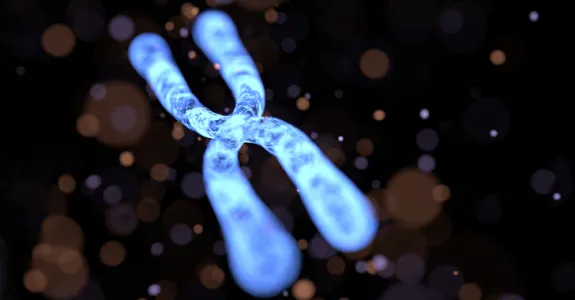
Dr. Reiss uses advanced research methods and tools such as neuroimaging, genetic analyses and neurobehavioral assessment to focus on neurodevelopmental and neurogenetic disorders of childhood onset. In particular, he studies how genetic and environmental factors affect brain structure and function, and how this ultimately impacts the development and function of persons with these disorders. Dr. Reiss has worked extensively with individuals affected by neurogenetic disorders that increase risk for serious psychopathology including fragile X syndrome, Turner syndrome, Williams syndrome and velocardiofacial syndrome. A particularly important focus of this work is identifying gene-brain-behavior interactions that have relevance to the development of more specific and effective interventions.
A second major research focus of the CIBSR is on the neuroscience of human resilience. Work in this area includes studies of the brain basis of humor and territorial behavior. These studies are carried out in typically developing children and adults and are designed to advance our understanding of both biological and environmental influences on the development of human resilience.
Dr. Reiss's laboratory and key collaborations serve as a model for interdisciplinary brain sciences collaboration. Research in the laboratory is carried out, or facilitated by faculty and staff from numerous fields including psychiatry, neurology, psychology, neuroscience, genetics, radiology, computer science, special education and statistics. The CIBSR is dedicated to the concept that direct interaction among individuals from these multiple disciplines will serve as the engine for substantive progress in our field.










